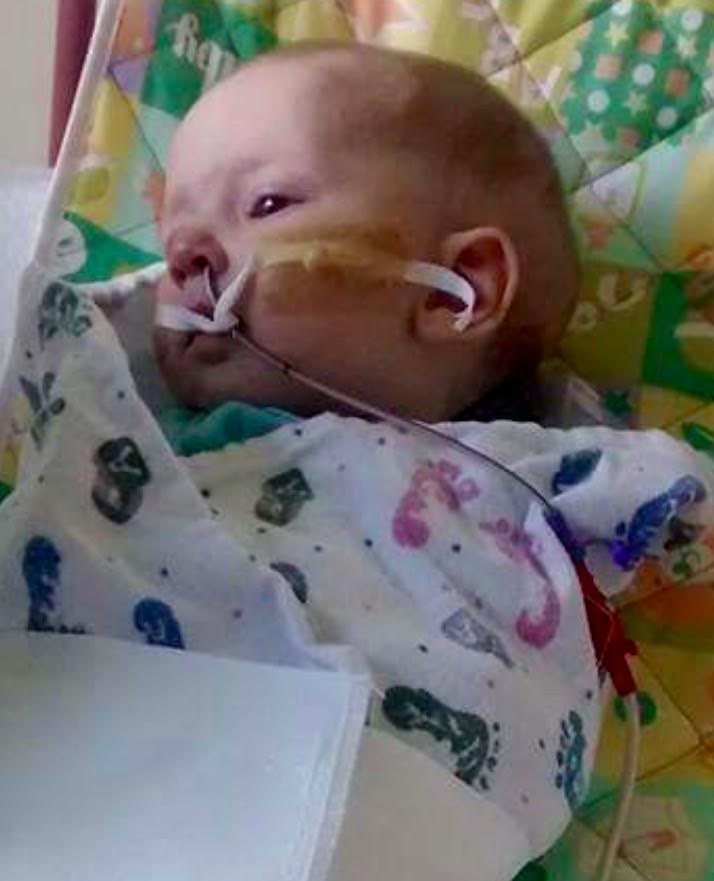
Weighing 9.5 pounds at 4 months
My fourth baby ended up hospitalized for failure to thrive and required a nasogastric tube to feed her. Despite constant breastfeeding, excellent milk supply and milk transfer, she never gained enough weight and then began losing weight. She was born weighing 8 pounds and when admitted to the hospital she weighed 9 pounds, 5 ounces.
I worked in labor and delivery and postpartum units as a tech and then a registered nurse for 6 years at a BFHI designated hospital and I was so indoctrinated by “Breast is Best” that I truly believed “a hungry baby wouldn’t starve” and every mother can exclusively breastfeed, including me.
During the hospital stay my baby was subjected to a profusion of invasive tests, and it was determined my breast milk lacked sufficient fat, calories and nutrients to nourish her. I was in absolute shock and disbelief!
Elena’s doctors ordered her to begin feedings with a 24 calorie formula for the first 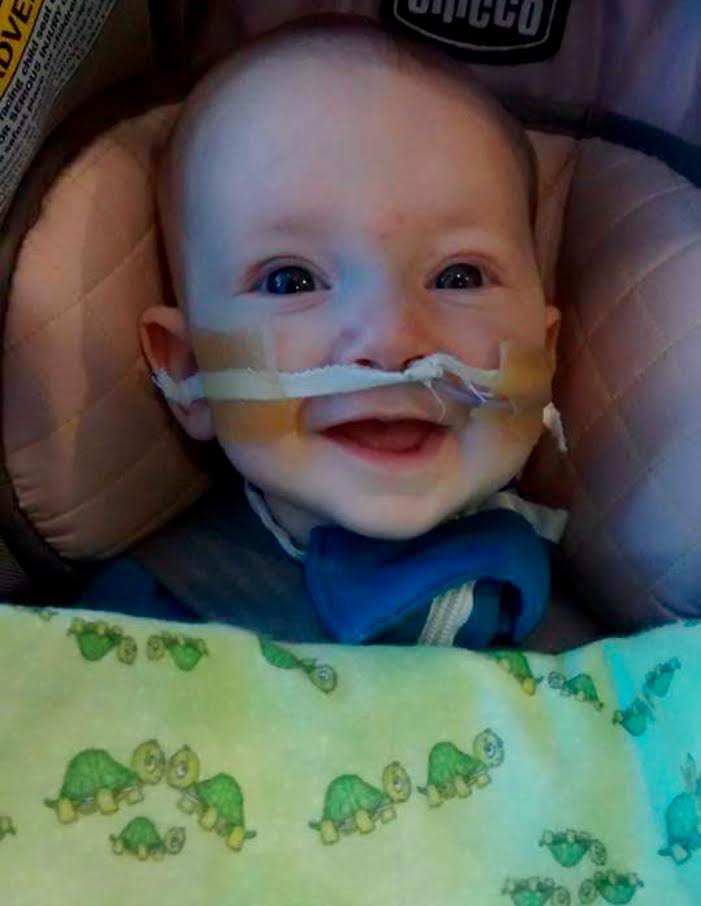 months and then she was fed a 22 calorie formula to help her gain enough catch-up weight. We were able to remove her feeding tube after a month when she began to gain weight and thrive and eventually she was transitioned to a regular 20 calorie formula.
months and then she was fed a 22 calorie formula to help her gain enough catch-up weight. We were able to remove her feeding tube after a month when she began to gain weight and thrive and eventually she was transitioned to a regular 20 calorie formula.
With my first 3 babies, I fed them a combination of breast milk and formula. My twins always received more formula than breast milk because I couldn’t keep up with their demands. My 3rd baby was called “slow to gain” at four months so I increased the amount of formula he got and by 6 months he was solely on formula. In hindsight, my milk was probably insufficient then too but my other babies always took a bottle so it was easy to supplement them with a bottle.
Thankfully my sweet baby is now almost 2 years old and perfectly healthy but I will never ever spread the “Breast is Best” myth again!

NG tube removed, thriving
I am now a staunch #FedIsBest advocate and will be joining The Fed Is Best Foundation’s Nurse Advocacy Team so that we can educate other health care providers and provide them with current, clinically safe and evidence- based infant feeding practices.
~Karen Creecy, RN
For more information about breast milk composition deficiencies, please read my blog interview with: Dr. Shannon Kelleher and Dr. Shannon Kelleher 2
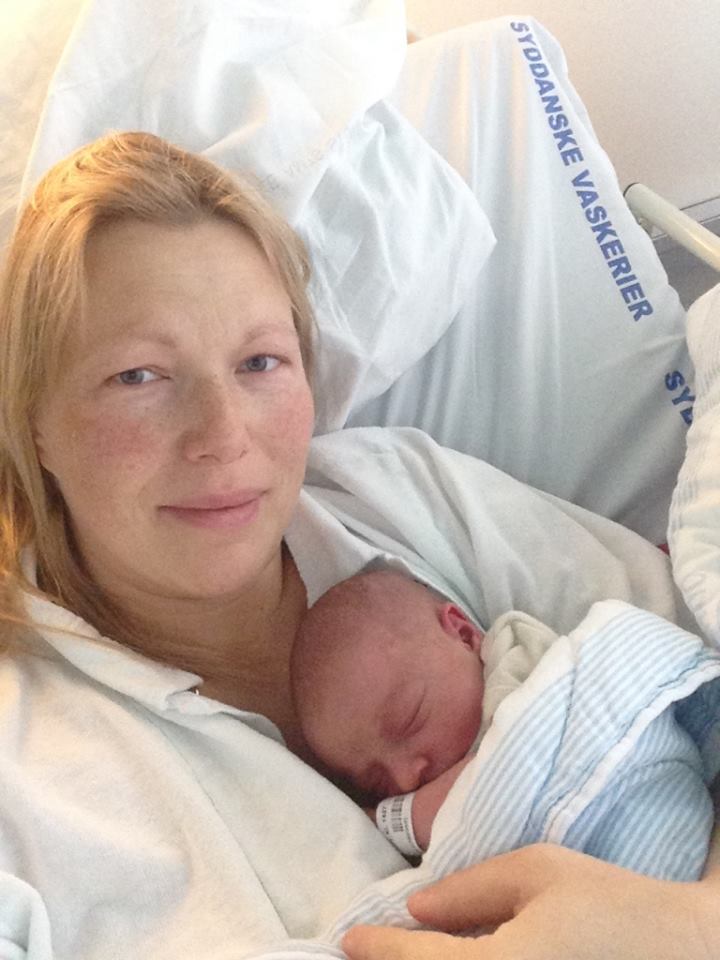
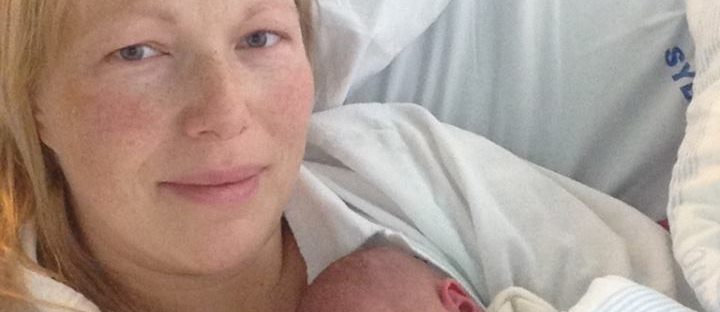

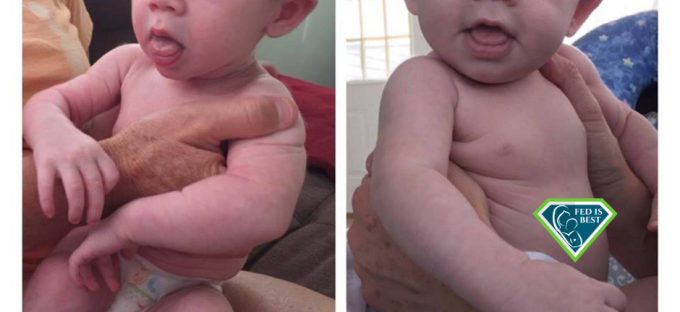

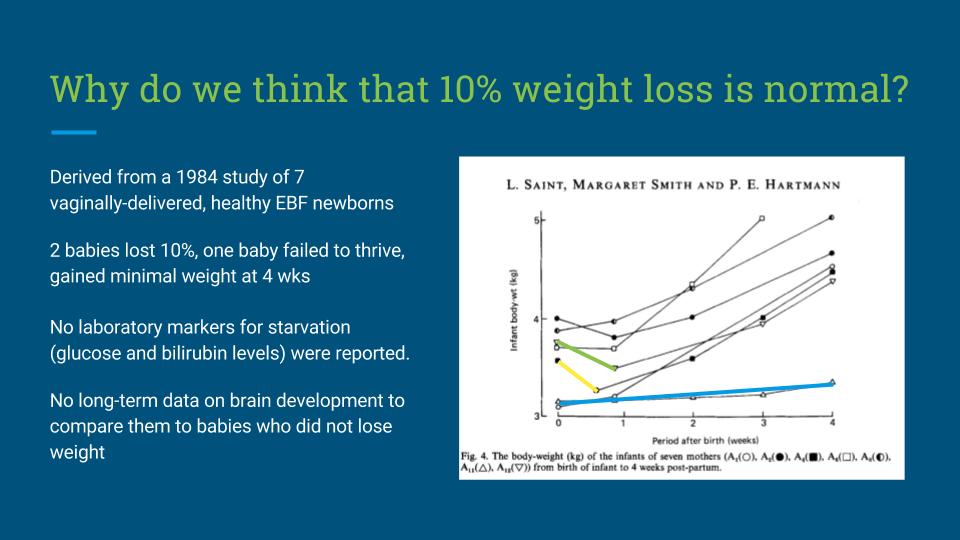
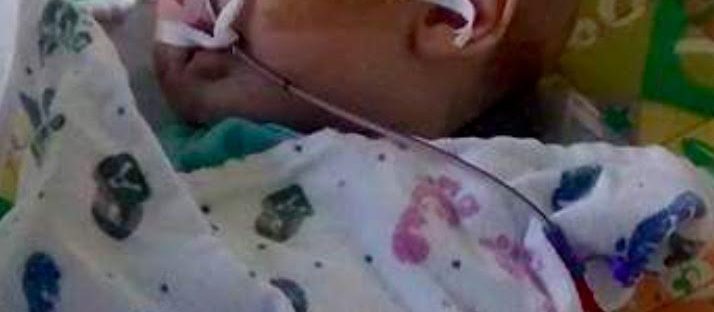

 months and then she was fed a 22 calorie formula to help her gain enough catch-up weight. We were able to remove her feeding tube after a month when she began to gain weight and thrive and eventually she was transitioned to a regular 20 calorie formula.
months and then she was fed a 22 calorie formula to help her gain enough catch-up weight. We were able to remove her feeding tube after a month when she began to gain weight and thrive and eventually she was transitioned to a regular 20 calorie formula.
